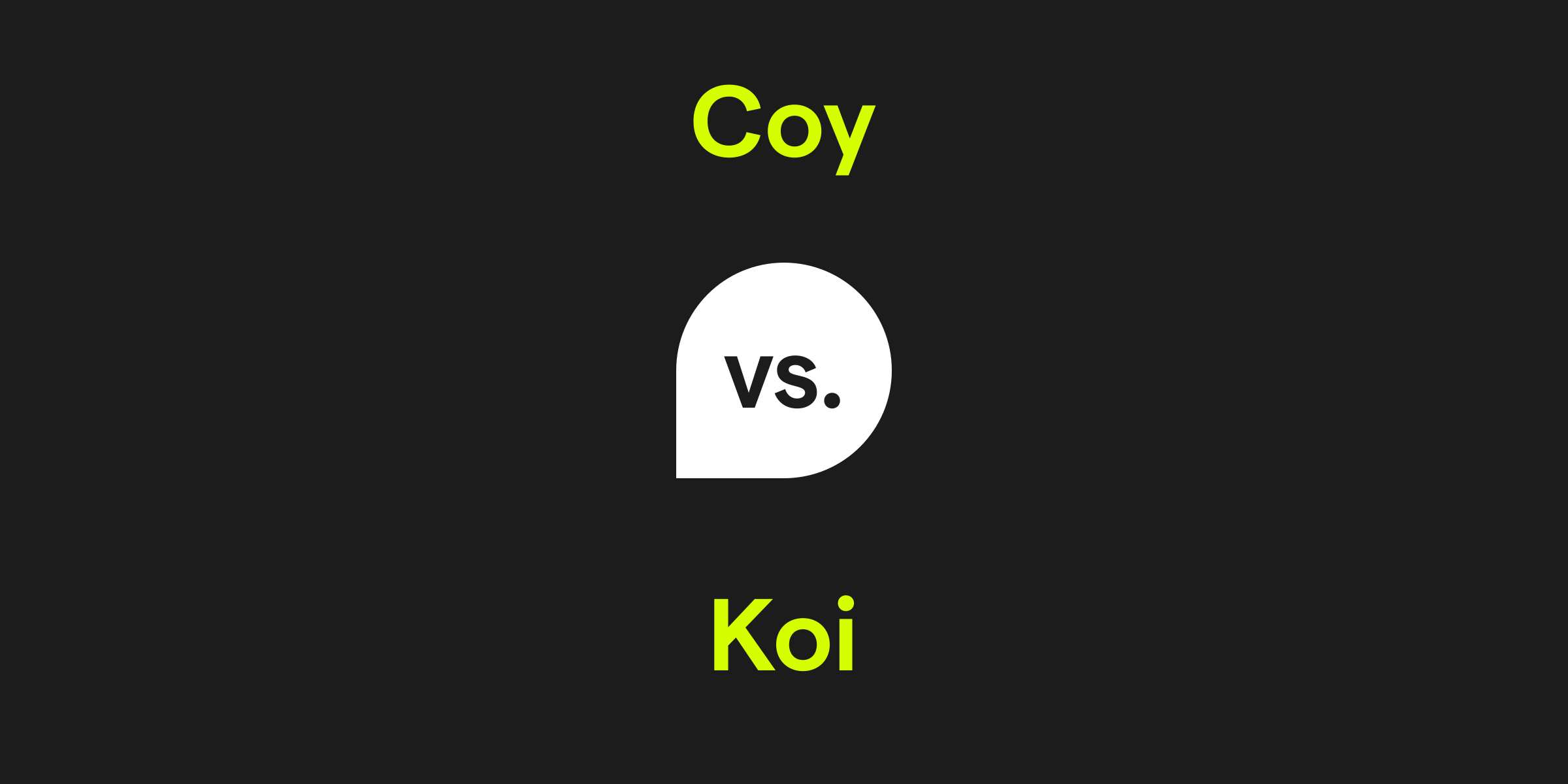Coy vs. Koi: What's the Difference?
The words coy and koi are often confused due to their similar pronunciation, but they represent entirely different concepts. Coy is an adjective describing a person who is purposely shy or displaying faux modesty, often to be flirtatious or playfully evasive. On the other hand, koi refers to a type of ornamental fish commonly found in outdoor ponds and water gardens, renowned for its bright colors and peaceful demeanor.

How do you use the word coy in a sentence?
The word coy is used to describe a person's behavior that is deliberately modest or evasive, but often in a teasing or flirtatious manner. It can apply in social interactions where someone is reluctant to give details or seeks to attract attention through bashfulness or affectation. While typically describing someone's demeanor, it can also relate to indirect or hesitant language.
Examples of coy in a sentence
- She gave him a coy smile, pretending to be uninterested, yet inviting him to chase.
- During the interview, he was coy about his upcoming projects, revealing nothing despite the persistent questions.
- Her coy response to the compliment on her dress suggested that she enjoyed the attention.
How do you use the word koi in a sentence?
The term koi is used when referring to the colorful varieties of Amur carp that are kept for decorative purposes in outdoor ponds or water gardens. These fish are celebrated for their beauty and the tranquility they add to aquatic landscapes. Koi is also used metaphorically to describe something that is elegant and serene.
Examples of koi in a sentence
- The koi in his garden pond have grown substantially since he began raising them.
- A koi fish tattoo can symbolize good luck, abundance, and perseverance.
- She paused by the edge of the pond to admire the graceful koi swimming just below the surface.
Coy and koi definition, parts of speech, and pronunciation
Coy definition:
Coy is an adjective used to describe someone who is intentionally being shy or modest to appear alluring or to avoid giving a direct answer or decision.
Coy parts of speech:
Coy pronunciation:
Coy is pronounced as /koi/ with a sound similar to the voiceless velar stop 'k' followed by a diphthong.
Koi definition:
Koi is a noun referring to a breed of ornamental domesticated carp, commonly kept in ponds and known for their elaborate color patterns and peaceful nature.
Koi parts of speech:
Koi pronunciation:
Koi is pronounced identically to 'coy,' as /koi/ with both letters contributing to the diphthong sound.
Coy is an adjective used to describe someone who is intentionally being shy or modest to appear alluring or to avoid giving a direct answer or decision.
Coy parts of speech:
- As an adjective, coy describes a manner or personality, like in 'Her coy refusal to answer made them more curious.'
- Although primarily an adjective, it can function adverbially, as in 'She smiled coyly in response to the praise.'
Coy pronunciation:
Coy is pronounced as /koi/ with a sound similar to the voiceless velar stop 'k' followed by a diphthong.
Koi definition:
Koi is a noun referring to a breed of ornamental domesticated carp, commonly kept in ponds and known for their elaborate color patterns and peaceful nature.
Koi parts of speech:
- As a noun, koi designates the specific type of fish or an individual fish itself, like in 'He added three new koi to his collection.'
- Koi does not have significant alternative parts of speech, but it can be modified by adjectives like in 'The shimmering koi captured everyone's attention.'
Koi pronunciation:
Koi is pronounced identically to 'coy,' as /koi/ with both letters contributing to the diphthong sound.
Coy vs. koi in a nutshell
Although coy and koi sound the same, they serve very different linguistic purposes. Coy, an adjective, describes a personality trait or behavior characterized by a strategic show of shyness or reticence. On the flip side, koi, a noun, refers to the specific breed of colorful carp often found in decorative ponds. It's important to remember these distinct uses to avoid confusion, ensuring the appropriate term is selected based on context, whether describing human interaction or aquatic life.
Get AI Writing Assistance Wherever You Type
Make sure your vocabulary is on point and every punctuation mark is in the right place, no matter where you’re working. Grammarly works across more than 1 million websites and apps so you can improve your writing without copying, pasting, or breaking focus.

More Commonly Confused Words
Interest piqued? Pore (not pour) over other commonly confused words to help your writing reach peak (not peek) performance.